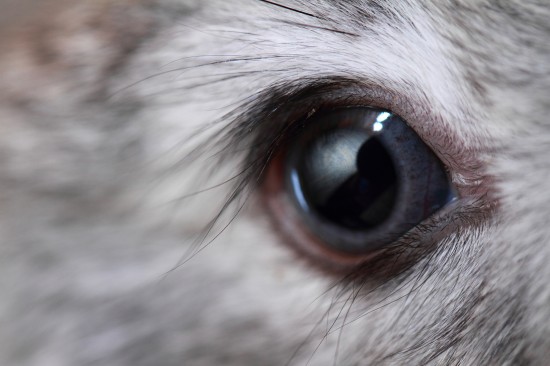
The recent California wildfire is a reminder that owners and their pets may be forced to evacuate on short notice.
Yet studies on disaster evacuation show that only 40% of pet owners are prepared to evacuate their pets with the rest of the family. The remaining 60% evacuate without their pets and then risk their own lives by returning home prematurely to rescue their animals. Simple foresight and planning can protect both pet owners and their four-legged companions.
Our pets depend on us for their survival. To be prepared:
Include your pets in your family's evacuation plan. Rehearse your evacuation plan repeatedly with your family including your dog. Have a Pet Safety Kit ready and have an extra kit in your car. Listen to your dog. Canines have the ability to smell smoke long before humans. If your dog is acting strangely, investigate the situation immediately and be prepared to gather your family and pets and follow your evacuation plan. Be sure your fire evacuation plan accounts for dogs in pens and crates. Fire experts say the number one reason dogs perish in a fire is because they are confined to their pens and cannot escape. Use Pet Rescue Stickers to inform firefighters that you have a pet or pets inside. Research pet friendly lodging so you will have a place to board your pet if necessary. Consider installing a dog door that leads outside so an endangered dog has a chance to escape on its own. When you're not home, keep your pets on the ground floor so they will be easier to rescue. Give a key to a trusted neighbor and make sure they know where your pet or pets are likely to be in the house so they can inform firefighters. If your pet was in a smoke filled building or if you can smell smoke on his fur take him to a veterinarian. Toxic fumes can be deadly. Make certain you have working smoke detectors on every level of your home and near bedrooms. Keep hallways and home exits free of clutter.
DO NOT LEAVE YOUR PETS BEHIND IF YOU EVACUATE! Pets may not survive if left on their own; and if they do, you may not be able to find them when you return. The single most important thing you can do to protect your pets is to take them with you when you evacuate. Animals left behind in a disaster are easily injured, lost or killed. Animals turned loose to fend for themselves become victims of exposure, dehydration, starvation, predators, contaminated food or water, and accidents. Leaving dogs tied or chained to a house is a death sentence.
If you leave, even if you think you will return in few hours, take your pets with you. You have no way of knowing how long you will be kept out of the area and you may not be able to return to retrieve your pets.
Leave early - don't wait for a mandatory evacuation order. An unnecessary trip is far better than waiting too long to safely leave with your pets. If you wait to be evacuated by emergency officials, you may be told to leave your pets behind.
Julie A. Calligaro is probate and estate planning attorney and author of How to Safeguard Your Pet in an Emergency and at Your Disability or Death and Arranging Your Financial And Legal Affairs. http://www.SafeguardMyDog.com . For a free checklist of the steps that protect your pets during an emergency and at your disability or death and a Pet Care Card to carry if you are injured or hospitalized visit http://www.SafeguardMyDog.com/Nutshell.pdf
 Providing very best training for dogs
Providing very best training for dogs
In Great
Providing very best training for dogs
Providing very best training for dogs
In Great
 How To Determine If Your Horse Is In Pain
How To Determine
How To Determine If Your Horse Is In Pain
How To Determine
 Dealing With Feline Infectious Peritonitis (fip)
Dealing With Feli
Dealing With Feline Infectious Peritonitis (fip)
Dealing With Feli
 Red Eye In Rabbits Explained
Red Eye In Rabbit
Red Eye In Rabbits Explained
Red Eye In Rabbit
 Immune System Supplements For Your Dogs
Your Dogs Immune System May Require Supplem
Immune System Supplements For Your Dogs
Your Dogs Immune System May Require Supplem
Copyright © 2005-2016 Pet Information All Rights Reserved
Contact us: www162date@outlook.com